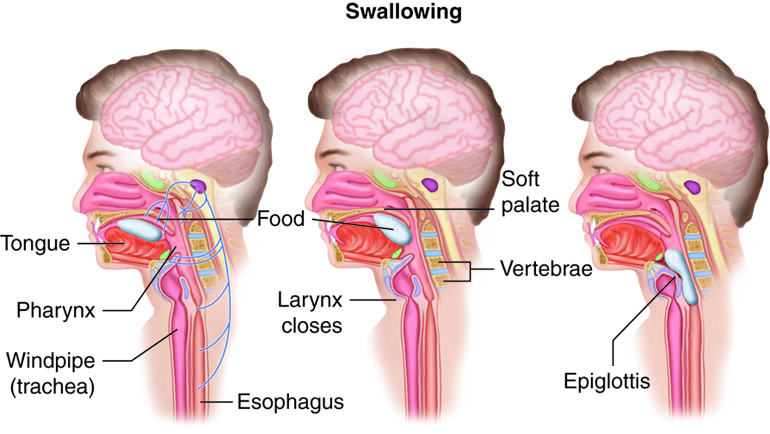Palpitations describe the sensation of your heart beating irregularly, too fast, or too strongly. They often feel like fluttering, pounding, or racing in your chest and are often noticed during moments of rest or stress. Many people experience these sensations from time to time, and they are not always a sign of a serious condition. Understanding what may contribute to palpitations and recognizing their symptoms can offer insight into managing this experience.
Identifying Common Causes of Palpitations
Various factors can lead to palpitations, with causes differing from person to person. Emotional triggers like anxiety or stress often contribute to this sensation, as the body responds to adrenaline surges in these states. Certain lifestyle choices, including consuming caffeine, alcohol, or nicotine, may also prompt similar sensations. Physical exertion, dehydration, or a lack of sleep may also contribute to the issue.
Medical conditions, such as thyroid imbalances or irregular heart rhythms, can sometimes cause palpitations. These are sensations of a racing, fluttering, or pounding heartbeat. Conditions like hyperthyroidism increases your metabolism and heart rate. Arrhythmias disrupt the standard electrical signals that control the heartbeat.
Certain medications, particularly stimulants or decongestants found in cold remedies, may also trigger palpitations in susceptible individuals. Identifying these underlying factors is key for managing or reducing palpitations. This can be done through lifestyle changes, medication adjustments, or further medical evaluation.
Recognizing Symptoms of Palpitations
Palpitations are commonly described as noticeable changes in the heartbeat, often causing people to experience sensations such as skipped beats, extra beats, a racing heartbeat, or a powerful pulse. These sensations typically vary in duration, lasting anywhere from a few seconds to several minutes, and they occur with or without other accompanying symptoms. For some individuals, palpitations may be accompanied by additional symptoms that can provide more context about their experience. These associated symptoms may include:
- Dizziness or feeling faint
- Lightheadedness
- Shortness of breath
- Chest discomfort or tightness
Understanding these accompanying sensations can help individuals determine if the palpitations are part of a minor, temporary issue. They may also indicate a more significant underlying condition. If palpitations are frequent or prolonged, pay attention. Severe symptoms like chest pain or difficulty breathing should not be ignored.
Tracking Patterns in Palpitations
Those experiencing irregular heart beats often benefit from monitoring their patterns and identifying potential triggers. Keeping a record of when and how often palpitations occur, along with associated activities or emotions, may bring clarity. Monitoring external factors like diet and hydration levels can also help identify specific contributors. Bring this information to a healthcare provider to support discussions about symptoms. A healthcare professional will be able to recommend evaluations or medical tests to determine if further investigation is needed.
Know When to Get Expert Advice
Palpitations are a common experience that many encounter in their day-to-day lives. If you’d like to learn more about how to monitor and manage them or discuss their causes further, connecting with a healthcare provider may help. Gaining professional insights can provide valuable clarity and guidance. Taking proactive steps can help you better understand and address this experience.
- mylovelyfurryfriend discover expert tips on dog health
- Infectious Diseases Updates – Stay Informed, Stay Protected!
- Wegovy For Weight Loss – A Breakthrough in Managing Obesity!
- Emergency Medicine Forum – A Hub for Fast-Paced Knowledge, Support & Updates!
- Pediatrics Discussions – Insights, Challenges, and Expert Advice for Better Child Health!





Leave a Reply